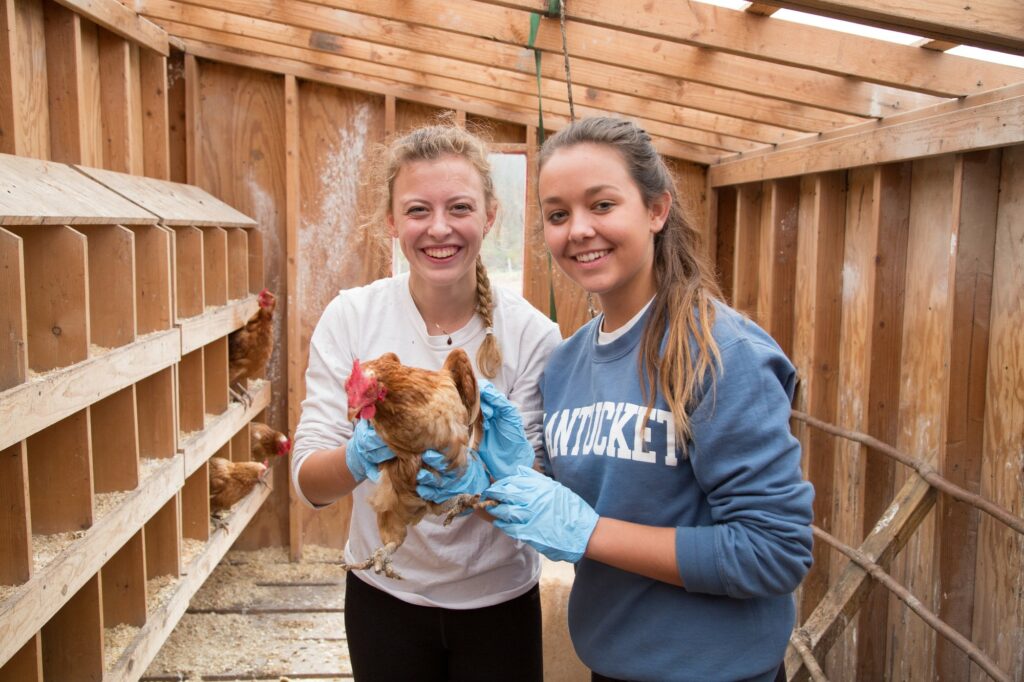
“The young people of today think of nothing but themselves. They have no reverence for parents or old age.”
At first glance, this sounds like something parents and grandparents would say about today’s millennial generation. Yet its true origins are attributed to Socrates and date back to 400 B.C.
Throughout history, older generations have notoriously criticized younger ones as being irresponsible, narcissistic and prone to ruining the world. Millennials are no exception.
In a study conducted at Udemy, researchers asked more than 1,000 Americans what millennial characteristics annoyed them the most. Results showed 51 percent answered “lazy,” 36 percent said “entitled” and 35 percent viewed millennials as “self-centered.”
This negative stereotype has followed millennials since their coming of age. However, generational research suggests that the cohort — whose current ages range from 18 to 37 — may not be getting the credit they deserve.
While they still have their struggles, millennials are growing to become the leading generation in volunteer hours. According to The Millennial Impact Report, 70 percent of millennials donate at least an hour of their time to a cause they care about, with more than one-third volunteering 11 hours or more.
This rise in social-minded behavior is due to the circumstances in which millennials were raised, according to Chuck Underwood — founder and principal of the generational consulting firm The Generational Imperative, Inc.
In his work, he explains that a generation’s core values are established during their formative years as they grow into adulthood. For millennials, this period involved a nation filled with technology and turmoil.
“Millennials, because of what they experienced as kids, grew up with a big, bold vision. They want to save the world,” Underwood said. “The times of their formative years — very similar to the baby boomer’s — burned into both generations a very strong core value of ‘we’re all in this together so let’s help each other.’”
One historical event regarded as having the most significant impact on millennials’ core values were the terrorist attacks on Sept. 11, 2001. At the time, millennials stretched from birth to 19 years old, making them the primary generation during the Global War on Terrorism.
Underwood found that millennials developed a sense of community awareness and desire to help the less fortunate, giving them the nickname “Generation Give” and “The We Generation.” His research displays these results from televised news broadcasts showing the destruction of the World Trade Center.
“What millennials saw in 2001 were firefighters rushing into the WTC, rushing into danger to help total strangers. That moment burned into millennials a sense of ‘we’re all in this together,’” Underwood said.
Several other events, such as the Deepwater Horizon oil spill, Fukushima Daiichi nuclear disaster, 2010 earthquake in Haiti and Hurricane Katrina also contributed to this desire in millennials to make a change.
“The estimate was that tens of thousands of millennial college students right after Katrina changed their spring break plans away from the beaches, the beers, the boys and the babes and instead flooded into the gulf coast to help Katrina victims,” Underwood said.
One millennial currently looking to make a difference in the world is 25-year-old geography student Nathan Hole, whose passion and concern for climate change has influenced his entire educational career at Weber State University.
“Something I focus on a lot is climate change. It’s personally shaped my whole life and everything that I want to do,” Hole said. “That’s one of the reasons I’m majoring in geography is to go into sustainability to help find ways that society can become better stewards of the environment.”
With a cause behind their actions, millennials like Hole need a platform to voice their opinions and inspire change. This is where the internet and social media comes into play.
“The connectivity that the internet has provided enables millennials to, not just locally, but nationally and internationally exchange ideas,” Hole said. “That has really spurred access to information which I think is also one of the big reasons why we have been able to see so many of these issues now.”
However, despite the benefits technology has in connecting worldwide users, research has shown that it has had a damaging effect on its widest audience.
“Somehow technology, by putting the world’s information so easily in front of the millennial generation — without researching it first — has now created mental stress, anguish and mental overload to the point where it is damaging mental health,” Underwood said.
By having access to limitless information from the touch of a button, millennials have developed uncommonly short attention spans and have adopted a superficial knowledge of complex subjects, according to Pew Research Center.
Underwood noted that the generation as a whole has also suffered from immense damage to soft skills such as communication, critical thinking, empathy, organization, punctuality, adaptability, telephone skills and the ability to read body language.
Yet, in the face of these obstacles, millennials still show signs of being a prosperous generation.
According to Underwood, the viewpoint of the generational study is unmistakable. The millennial generation is going to succeed because they grew up outwardly focused and have a strong concern for others, not just themselves.
“Despite those issues in technology, the millennials are going to become an excellent career and leadership generation,” Underwood said. In a video lecture, he closed with the statement, “When they get their feet on the ground, all we have to do is grab their shirttails and go along for a ride. They are going to be magnificent.”



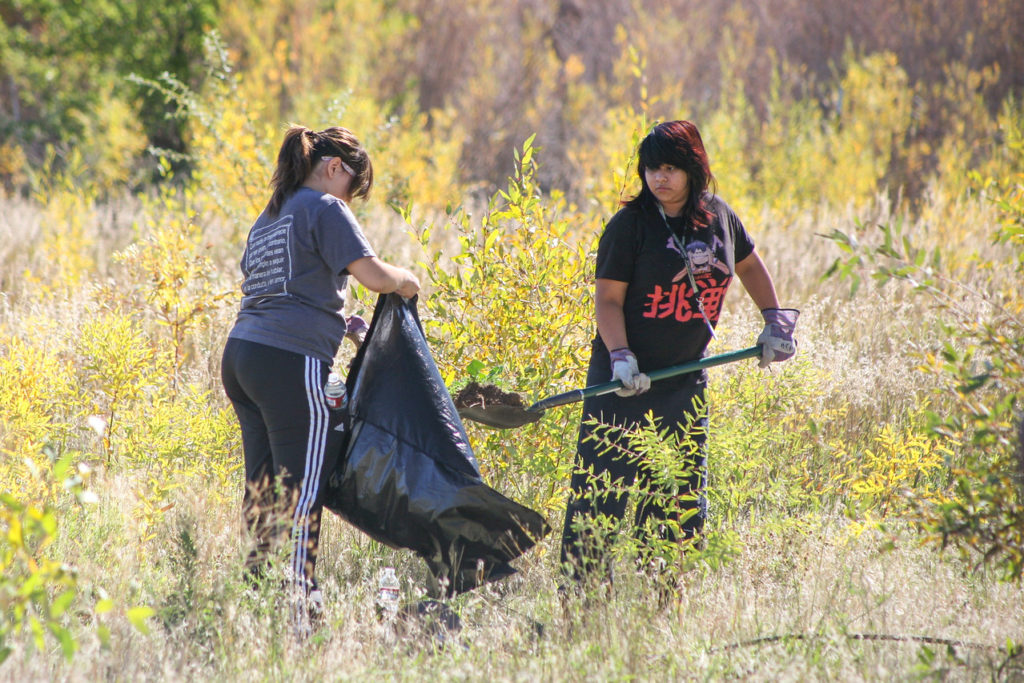
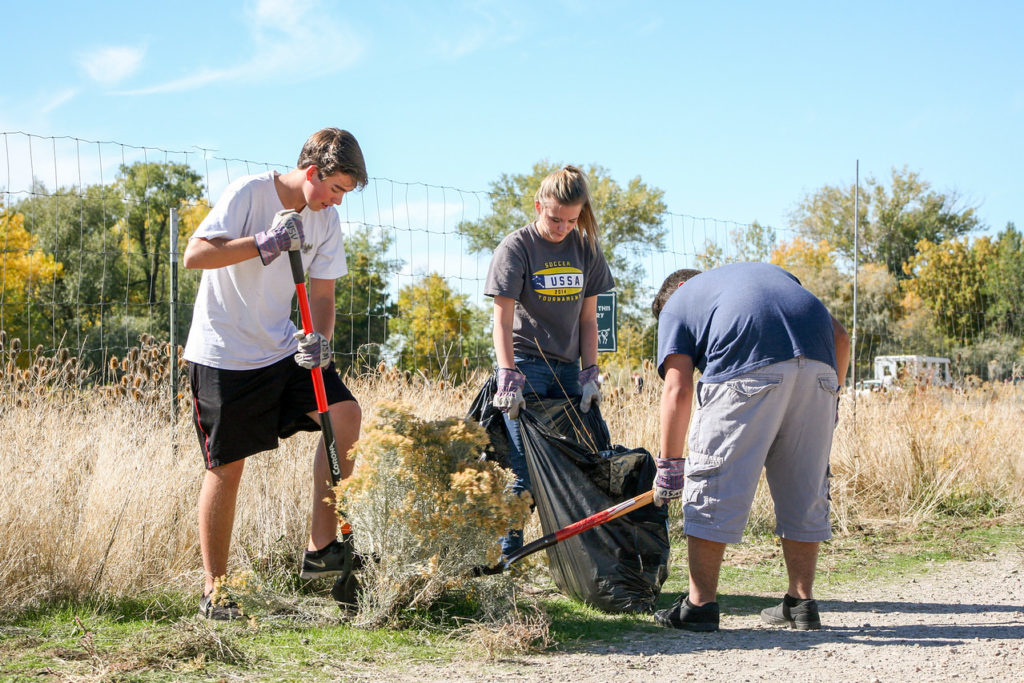
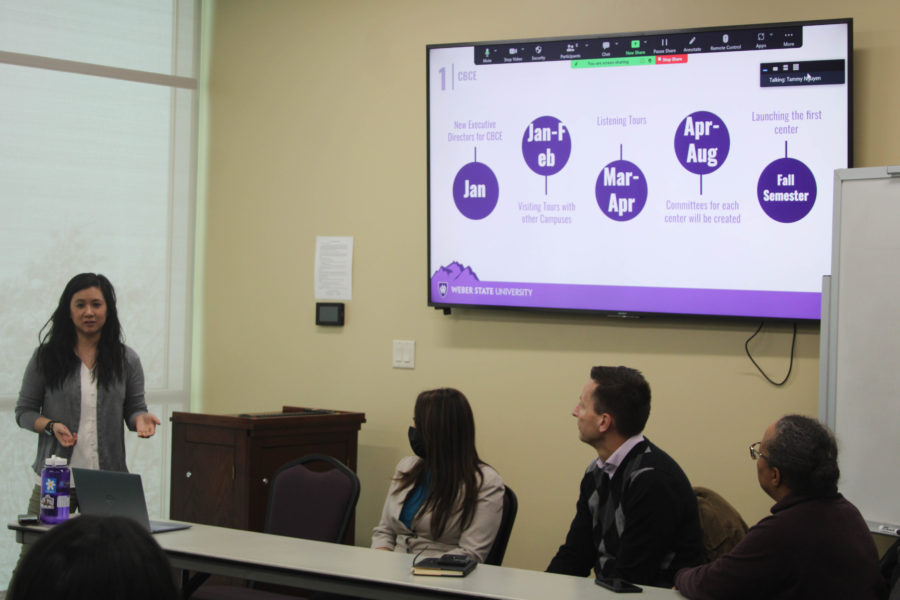
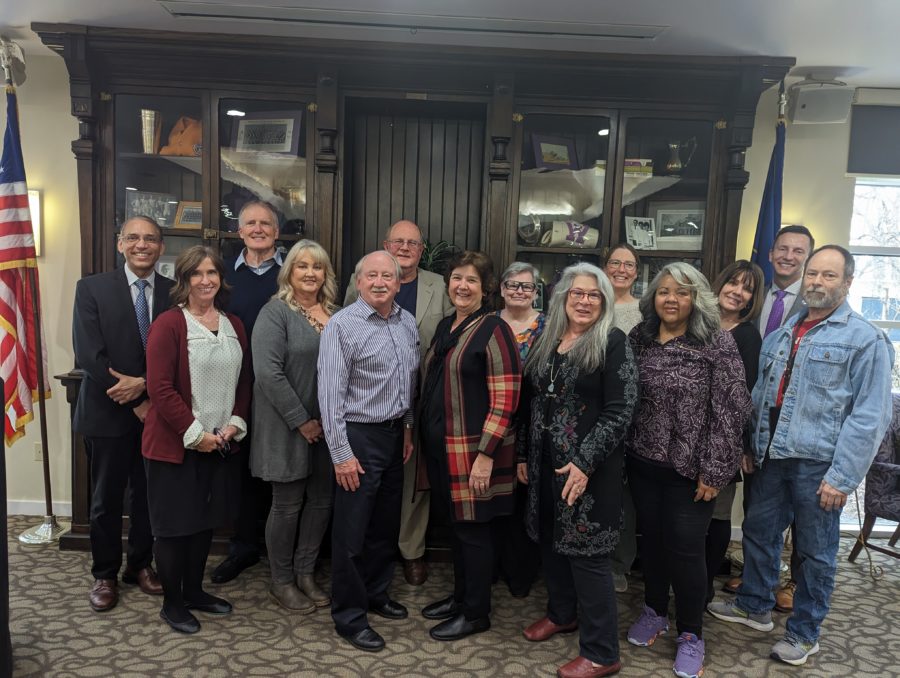
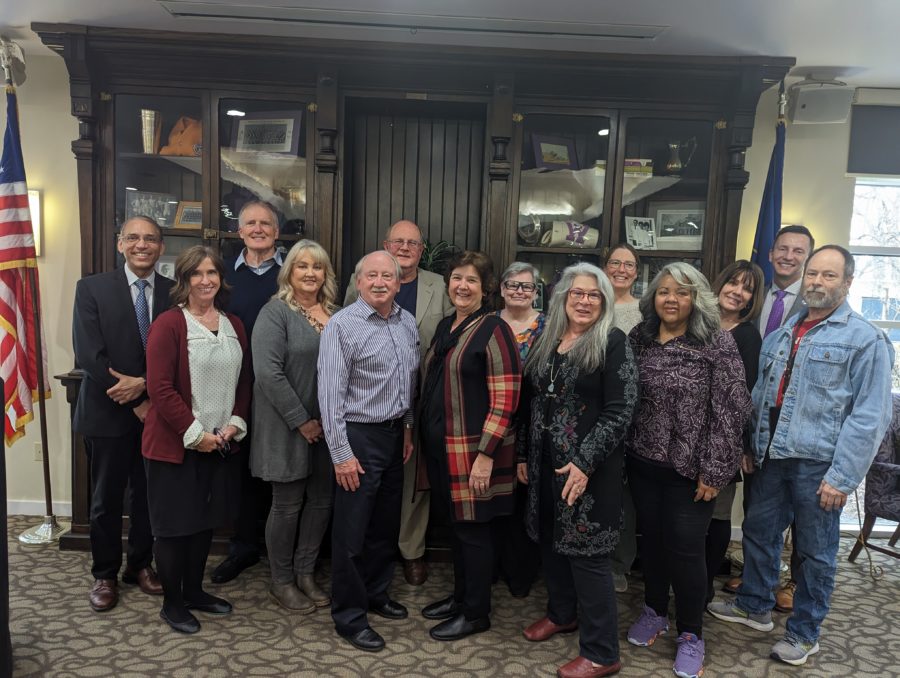

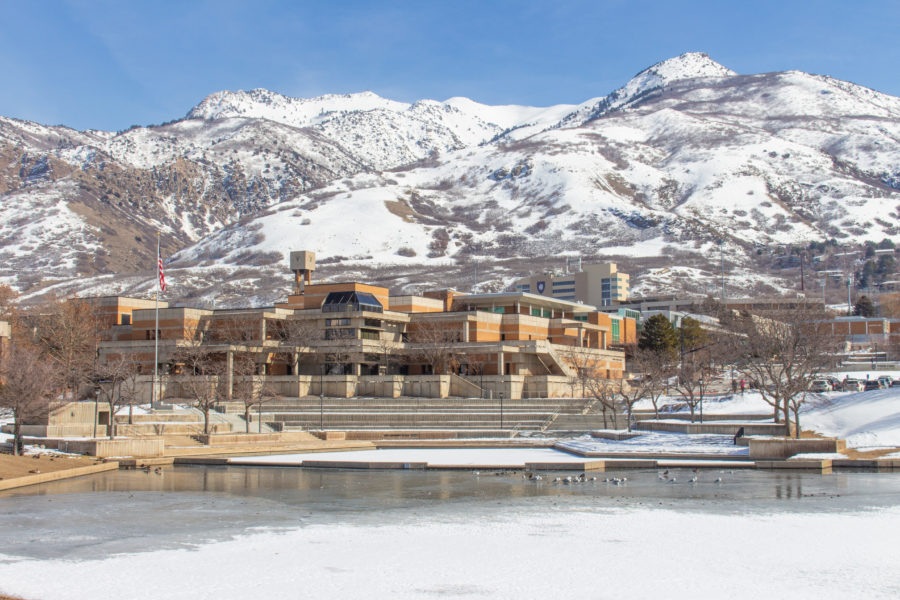


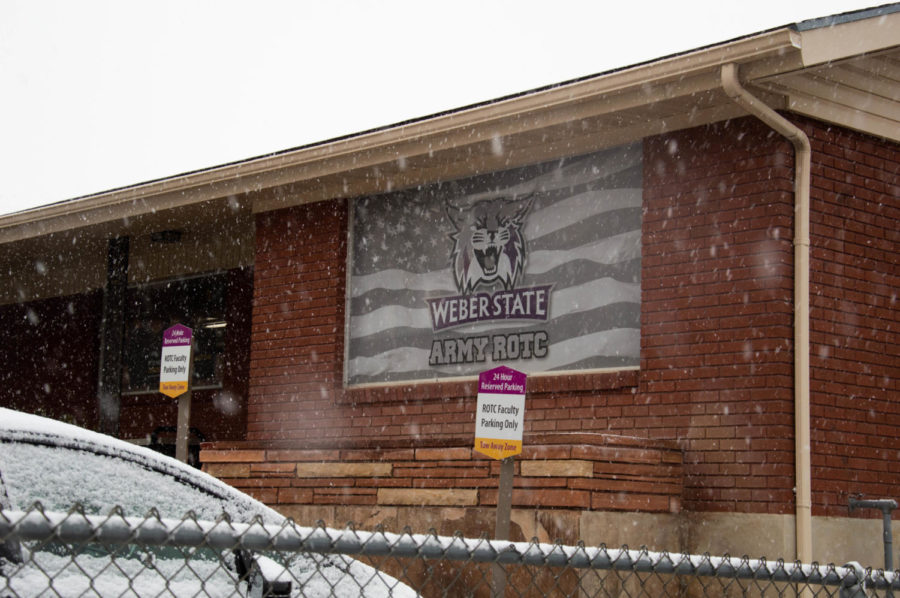



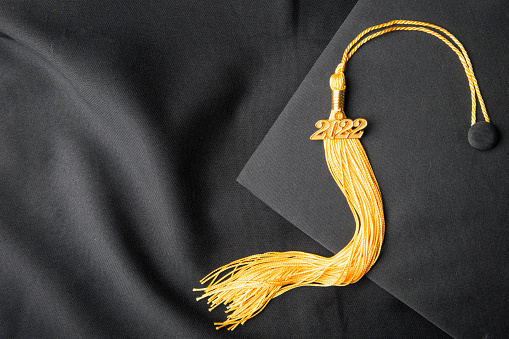






Ariel • Sep 4, 2019 at 6:00 pm
What source are you getting the age range of 18-37 from? Most sources place the cutoff year for Millennials around 1995-1996, making the youngest Millennials 23-24 years old. According to the Pew Research Center, “In order to keep the Millennial generation analytically meaningful, and to begin looking at what might be unique about the next cohort, Pew Research Center decided a year ago to use 1996 as the last birth year for Millennials.” https://www.pewresearch.org/fact-tank/2019/01/17/where-millennials-end-and-generation-z-begins/